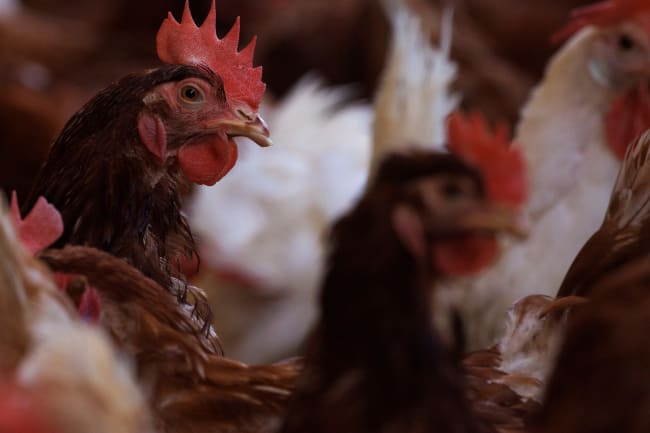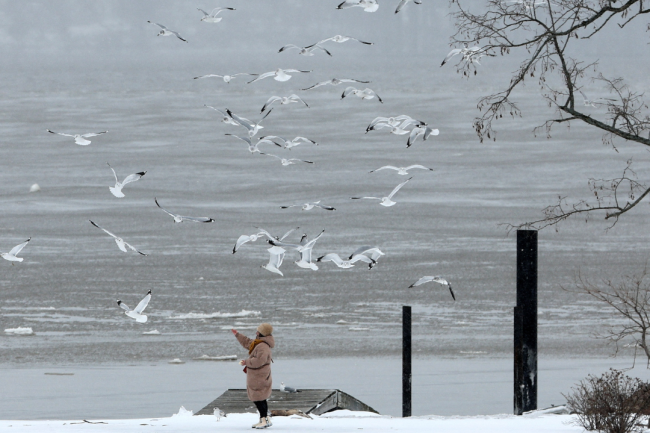Ellen P. Carlin, DVM, is a veterinarian and the founder of Parapet Science & Policy Consulting, an animal and public health firm. An active scientist and policy expert, she studies the epidemiology of emerging infections, particularly risk factors for zoonotic spillover, and supports development of improved policies to address them.
She has helped implement major infectious disease projects in Guinea, Kenya, Liberia, and Tanzania, and has worked extensively to understand and improve U.S. domestic and global governance of biothreat risks. She served for more than five years as staff on Capitol Hill with the U.S. House of Representatives Committee on Homeland Security (Peter T. King (R-NY)), first as a fellow of the American Veterinary Medical Association and American Association for the Advancement of Science and ultimately as senior professional staff, where she was responsible for the medical preparedness, biodefense, and science and technology policy portfolios. After Capitol Hill, she worked with colleagues to found the Bipartisan Commission on Biodefense, a central bipartisan voice advocating for improvements in U.S. biodefense since 2014.
Carlin is a vice president with Pathway Policy Group and teaches remotely at the Cornell College of Veterinary Medicine. She has practiced ad hoc since 2007 as a small animal clinical veterinarian, continuing today to participate in low income and vaccine clinics. She received a bachelor of science in biology from the College of Mount Saint Vincent and a doctorate in veterinary medicine from the Cornell College of Veterinary Medicine. Her book Catastrophic Incentives: Why Our Approaches to Disasters Keep Falling Short, was published with co-author Jeff Schlegelmilch in 2023.

